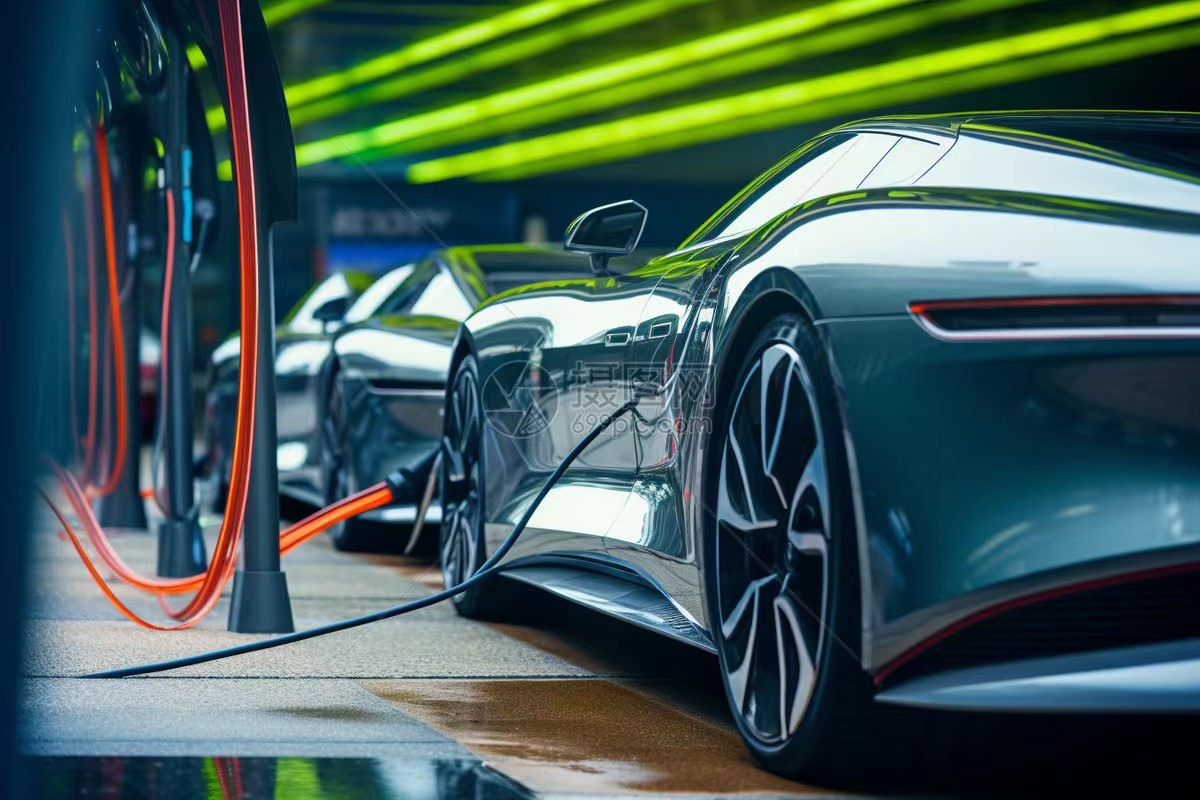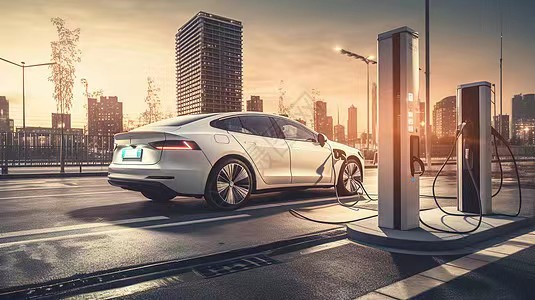Recently, the South African Department of Trade, Industry and Competition released the "White Paper on Electric Vehicles", announcing that the South African automotive industry is entering a critical stage. The white paper explains the global phase-out of internal combustion engines (ICE) and the potential risks this poses to the South African automotive industry. To address these challenges, the white paper proposes strategic initiatives to leverage existing infrastructure and resources to manufacture electric vehicles (EVs) and their components.
The white paper mentions that the shift to electric vehicle manufacturing is consistent with South Africa's economic development goals by ensuring the long-term sustainable growth of the automotive industry, and outlines the opportunities and challenges in the electric vehicle transition. In addition, the proposed infrastructure reforms such as ports, energy and railways will not only help the transformation and upgrading of the automobile industry, but also contribute to South Africa's broader economic development.

The focus on infrastructure development in the white paper focuses on two main areas. The white paper believes that from the perspective of the overall development of the automotive industry, reform of existing infrastructure such as ports and energy facilities is critical to promoting investment in South Africa. The white paper also discusses investment in charging infrastructure related to the transition to electric vehicles to reduce concerns about the availability of charge points in Africa.
Beth Dealtry, head of policy and regulatory affairs at the National Association of Automotive Components and Allied Manufacturers (NAACAM), said the automotive industry is economically important to South Africa’s GDP, exports and employment, and It is pointed out that the white paper also reflects on the many obstacles and challenges facing South Africa's development.

When talking about the impact of the white paper on the development of Chinese electric vehicles in the South African market, Liu Yun pointed out that for Chinese electric vehicle manufacturers who want to enter the South African market, the release of the white paper provides a favorable development environment and prompts manufacturers to speed up their preparations to adapt. New energy products for the local market.
Liu Yun said that there are still some challenges in promoting electric vehicles in South Africa. The first is the issue of affordability. Since there is no tariff reduction, the price of electric vehicles is higher than that of fuel vehicles. The second is range anxiety. Since infrastructure facilities are limited and currently operated by private companies, customers generally worry about insufficient range. The third is Regarding power resources, South Africa mainly relies on fossil energy as its main energy source, and green energy suppliers are limited. Currently, South Africa is facing level 4 or above power load reduction measures. Aging power generation base stations require a large amount of funds to transform, but the government cannot afford this huge cost.
Liu Yun further added that South Africa can learn from China's relevant experience in developing new energy vehicles, such as the government building infrastructure, improving local power grid systems to create a favorable market environment, providing production incentives such as carbon credit policies, reducing corporate taxes, and targeting consumers. Provide purchase tax exemptions and other consumption incentives.

The white paper proposes South Africa's strategic direction for developing electric vehicles and addressing economic, environmental and regulatory challenges. It provides clear guidance for South Africa to successfully transition to electric vehicles and is a step towards a cleaner, more sustainable and more competitive economy. An important step in the development of the automotive market. This pair of electric vehicle charging piles in China,
Post time: Apr-04-2024





